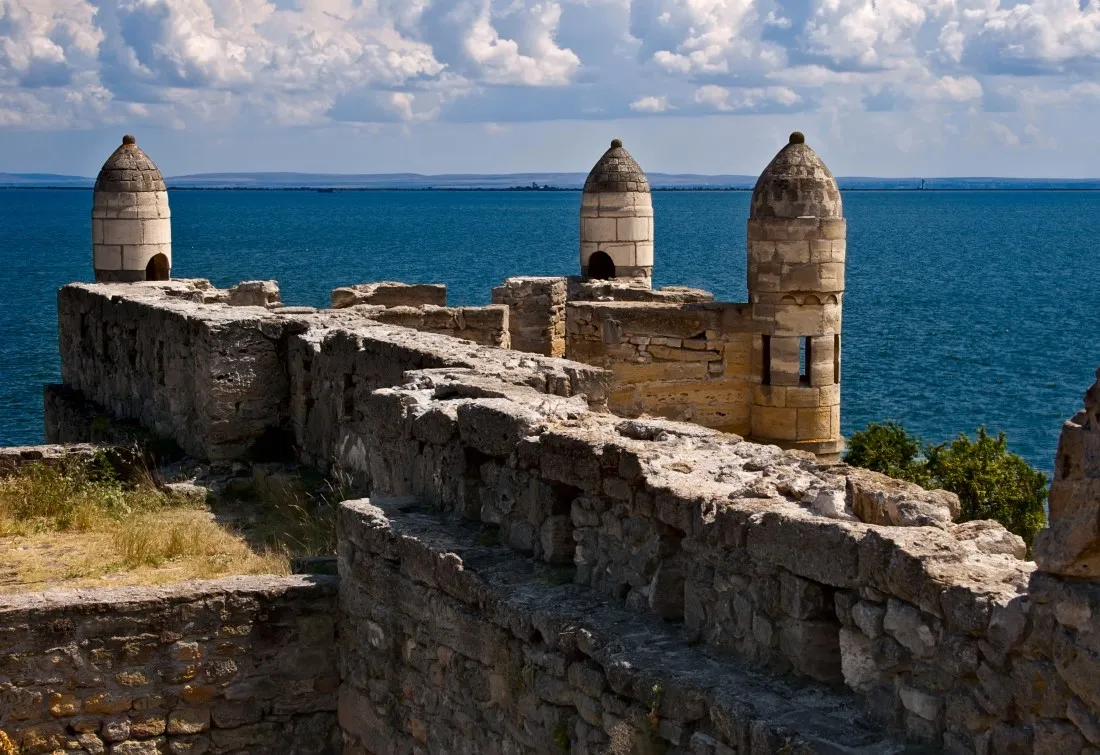
The tourist season is in full swing at the Black Sea. Despite EU tourism sanctions, international companies in Crimea are making good profits from the visitors. It is mainly possible thanks to formally legal loopholes.
Today, there are fewer tourists in Yalta than before the annexation, but major international companies still have huge earnings from this very popular destination. For example, the booking portal Booking.com has about three thousand reviews of Yalta-Intourist hotel picturing it as an ideal holiday destination.
All in all, Booking.com offers the visitors more than five thousand hotels in Crimea. The portal has about 1.2 million hotels worldwide and the site is translated into 43 languages. Being represented on the portal is strategically important for representatives of the hotel business.
Thus, in Crimea’s case, EU tourism sanctions introduced after the Russian annexation, are not a hindrance.
Most Operators Adhere to Sanctions
Based on the sanction regulation of the European Union, European companies are prohibited to provide any tourist services in the occupied peninsula. Most companies adhere to the tourism sanctions. Companies such as Airbnb, Hotel.de or Expedia do not provide any search results when it comes to hotels in Crimea.
However, as practice shows, some companies interpret the ban not so strictly and legally offer the hotel rooms on the peninsula. From the legal point of view, this can be interpreted quite flexibly.
More Than 5000 Hotels in Crimea Available
It is possible to offer the hotels in Crimea legally, if it is for a business trip. This is where Booking.com took advantage of the situation. When searching for hotels on the portal, the search box always contains a question about the purpose of the trip. Either business or private. Clicking on “private”, no hotels in Crimea appear. However, if you do not take this into account and simply choose Crimea, the search portal gives you the choice of more than five thousand hotels.
Judging by the abundance of recent reviews on Booking.com, thousands of tourists book hotels in Crimea through this site. More than 90 percent of them are tourists from Russia. The portal receives a staggering 15% in commissions for each booking. But there are some doubts about how exactly Booking.com receives this money, considering wide sanctions even in the banking sector.

The absence of Western tourists is natural. An experiment of Deutsche Welle showed that it is quite uncomfortable to book a trip to Crimea from Germany. Having received confirmation from the portal, a credit card is not enough to guarantee the booking.
It is necessary to transfer the full amount in rubles to the hotel within three days after booking, or pay via the hotel’s website with a credit card. Despite the tourism sanctions, sometimes the payment goes through, as confirmed by the hotel representatives themselves.
“Violation of sanctions is a criminal offense that falls under the first act of economic crimes. It is punishable by imprisonment for up to six years, an alternative punishment or a fine up to the sixth category (up to 870,000 euros),” a representative of the Dutch Ministry of Foreign Affairs of the Netherlands noted. At the same time, however, he said that the Ministry cannot comment on the activities of Booking.com in Crimea “for reasons of privacy”, suggesting that anti-Russian sanctions really seem working only on paper.










